Health
Be well: Start a garden and reap the health benefits
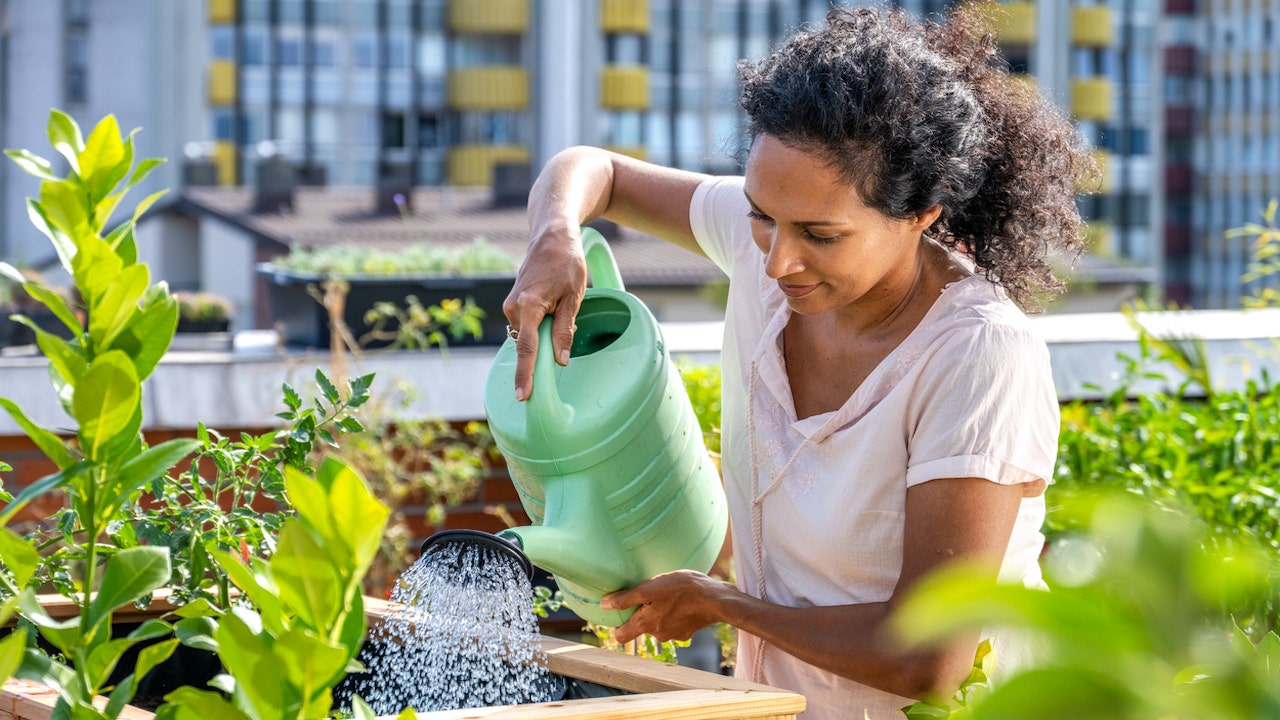
Spending time in the great outdoors has long been linked to greater health and wellness, many studies have shown — and cultivating a green thumb can grow those benefits even more.
“Gardening goes beyond just beautifying outdoor spaces — it can have a profound impact on our physical and mental well-being,” Brian Clayton, CEO and co-founder of the online lawn care company GreenPal in Nashville, Tennessee, told Fox News Digital via email.
Gardening involves physical activity that works all the major muscle groups, which is beneficial for overall health.
HOW DO YOU START A GARDEN? FIND OUT THE BEST MONTH FOR PLANTING YOUR VEGETABLES OR FRUITS
“Activities such as digging, planting, weeding and harvesting require movement and can contribute to improved cardiovascular fitness, strength and flexibility,” said Clayton.
“Engaging in these activities regularly can help burn calories, maintain a healthy weight and reduce the risk of chronic diseases.”
Spending time gardening can have physical and mental benefits, experts say. (iStock)
The Centers for Disease Control and Prevention (CDC) recommends that people get 150 minutes of “moderate-intensity exercise” each week, and gardening is listed as a qualifying activity.
Tending a garden for at least 2-½ hours each week can reduce the risk of obesity, high blood pressure, type 2 diabetes, heart disease, osteoporosis, stroke, depression and colon cancer.
Beyond burning calories and building muscle, numerous studies have shown that gardening can give the immune system a boost, Clayton said.
GARDENING FOR ADVANCED GROWERS: 10 TIPS FOR GROWING YOUR OWN VEGETABLE GARDEN
“Exposure to soil and plants introduces beneficial microorganisms that can strengthen our immune response and improve overall resilience to diseases,” he told Fox News Digital. “Additionally, spending time outdoors exposes us to natural sunlight, promoting vitamin D synthesis and supporting healthy bone and immune function.”
BE WELL: PREPARE A DINNER RICH IN VITAMIN D FOR GOOD HEALTH
Starting a garden can also introduce a beneficial social component.
“Gardening provides an opportunity for social connection and community engagement,” Clayton explained. “It can be a shared activity among family members, friends or neighbors, fostering relationships and a sense of belonging.”
Community gardens and gardening clubs also offer spaces for collaboration, knowledge-sharing and camaraderie, he added.
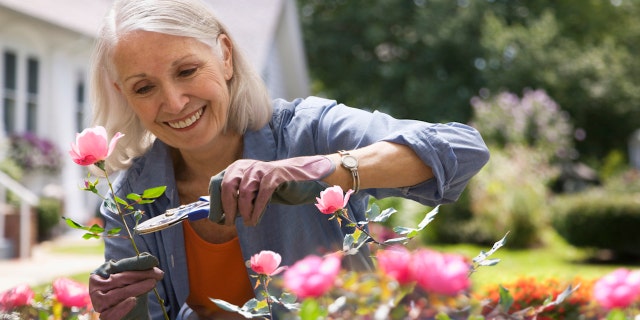
Gardening offers cognitive benefits, an expert said, as it stimulates the senses, enhances focus and encourages problem-solving and creativity. (iStock)
There are also mental health benefits associated with maintaining a garden, the expert said.
“Spending time in nature and tending to plants has a calming and therapeutic effect,” Clayton said. “Gardening allows us to connect with the natural world, reducing stress, anxiety and depression.”
Then there is the sense of purpose, accomplishment and satisfaction that comes with witnessing the growth and transformation of plants, he added.
“Spending time in nature and tending to plants has a calming and therapeutic effect.”
Gardening also offers cognitive benefits, Clayton said, as it stimulates the senses, enhances focus and encourages problem-solving and creativity.
“It provides an opportunity to learn about plants, ecosystems and the environment, fostering a deeper understanding and appreciation for nature,” he said.
Research has even shown that gardening can help to improve the brain nerve growth factors related to memory, according to a 2019 study published in the International Journal of Environmental Research and Public Health.
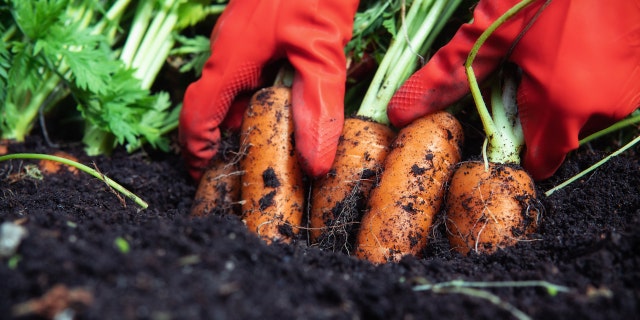
For those cultivating a vegetable or herb garden, there is also a nutritional benefit. (iStock)
For those cultivating a vegetable or herb garden, there is also a nutritional benefit.
“Growing our own fruits, vegetables and herbs allows us to have access to fresh, organic produce,” Clayton explained. “It encourages a healthier eating pattern, as we become more connected to the food we consume and develop a greater appreciation for nutritious choices.”
Research has shown that gardening can help to improve the brain nerve growth factors related to memory.
Starting a garden doesn’t have to require a lot of space, money or time.
Dr. Joe Alton, a physician, preparedness advocate and Florida Master Gardener graduate, recommends starting small if you’re new to gardening.

Starting a garden can also introduce a beneficial social component. (iStock)
“Many people go hog-wild and take on way more than they can handle, leaving them more stressed out than before,” he told Fox News Digital. “Begin with just a few plants to avoid getting overwhelmed. You can always increase the size of the garden later on.”
It’s also important to learn about which plants grow best in your time zone.
CLICK HERE TO SIGN UP FOR OUR HEALTH NEWSLETTER
“If you live in Alaska, you probably won’t have much luck growing coconut palms, mango trees or banana plants,” he said. “Learn about your grow zone and you’ll increase your odds of success.”
Getting to know other gardeners can be a great help as you get started, Alton added.
“Many areas have garden clubs or co-ops, which allow you to network with like-minded people,” he said. “Most are happy to share their expertise with newbies. You might even consider going through the Master Gardener program, which is available in many states through the agricultural extension office.”
To read more pieces in Fox News Digital’s “Be Well” series, click here.

Health
The Oatzempic Diet Is Going Viral, but Does It Work? Here’s How To Tap Real Weight Loss Benefits
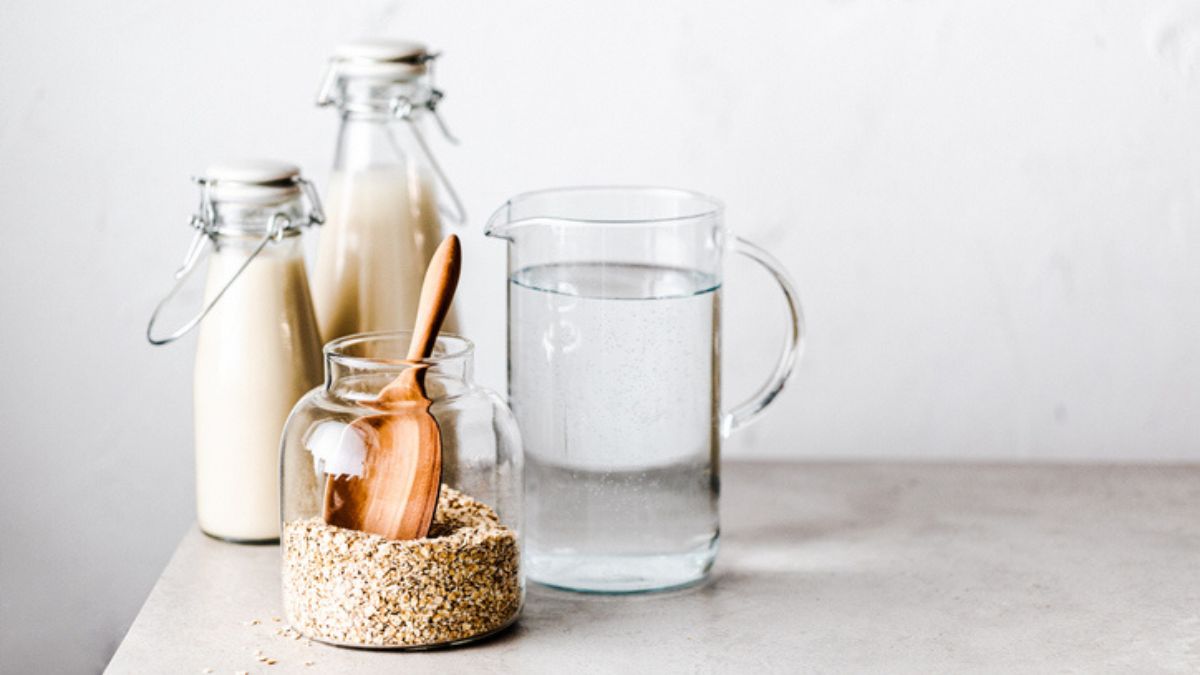
Sign Up
Create a free account to access exclusive content, play games, solve puzzles, test your pop-culture knowledge and receive special offers.
Already have an account? Login
Forgot your password?
Get back to the Sign In
Use left and right arrow keys to navigate between menu items.
Use escape to exit the menu.
Health
Grieving during Mother’s Day: 5 tips for navigating the first holiday after losing a mom
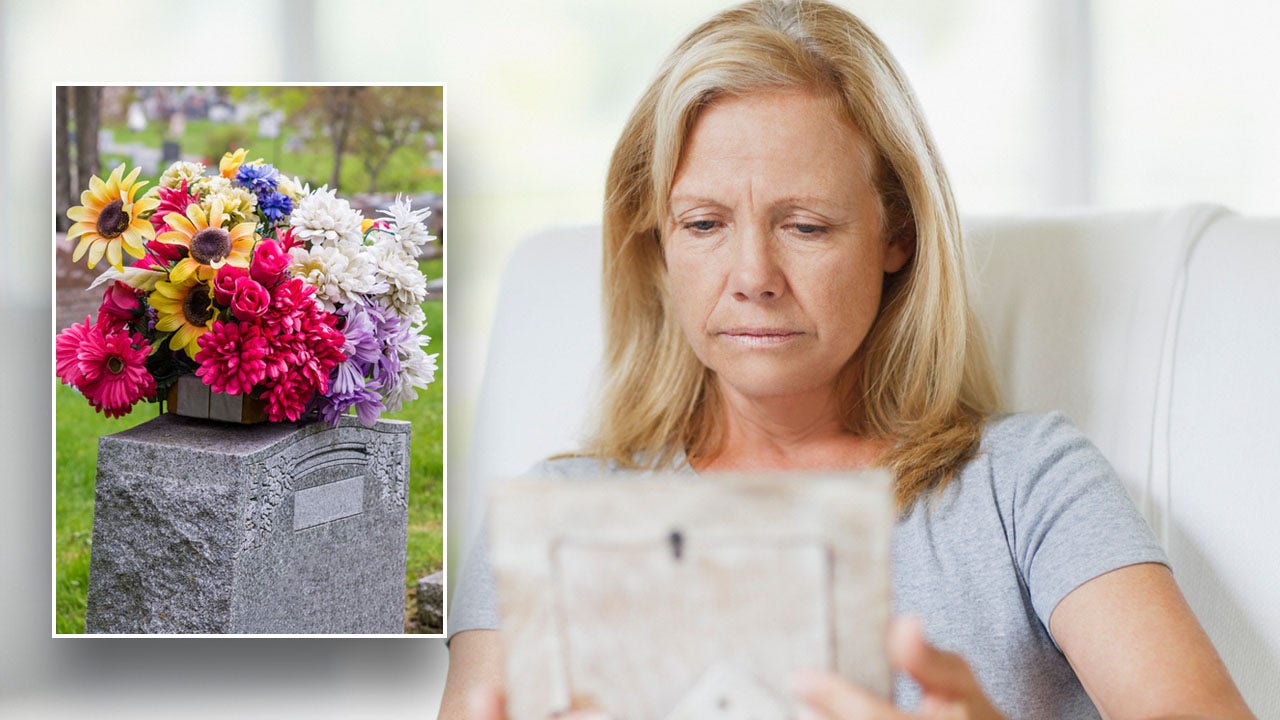
Mother’s Day is a celebration for most. Yet for those who have lost their moms, it can be a difficult day marked by grief and isolation.
“The first year after any loss can be awful, but the holidays stand out in particular,” noted Rebecca Feinglos, a certified grief support specialist in North Carolina and founder of Grieve Leave, an online community to support grievers.
“Your first Mother’s Day after the death of your mom can make her absence feel even more real. It’s a stark reminder of the permanence of the loss.”
3 SURPRISING LESSONS AFTER LOSING A SPOUSE AND TRYING TO MOVE FORWARD IN LIFE: ‘STILL EVOLVING’
For those who had a close bond with their mother, Feinglos said the absence can feel like a “gaping hole” in their everyday lives.
“And for those whose relationships with their mothers were less than ideal, Mother’s Day can bring up a whole different set of emotions,” she said.
For those who have lost their mothers, Mother’s Day can be a difficult day to manage. A certified grief support specialist (not pictured) shares insights and help for coping. (iStock)
“There may be a mix of grief for the relationship they never had, along with anger or resentment over past hurts.”
“The key is to be intentional about how you want to spend the day.”
It doesn’t help that Mother’s Day is a highly publicized holiday with such an emphasis on the mother-child relationship, Feinglos said.
“Everywhere you turn, there are advertisements, social media posts and conversations centered around celebrating mothers,” she said.
MOTHERS SHARE STORIES OF THEIR LIVES, PLUS TIPS AND INSPIRATION, IN ‘LOVE, MOM’ BY DR. NICOLE SAPHIER
“For those who have recently lost their mom, this constant barrage of Mother’s Day messaging can feel like salt in the wound, regardless of the circumstances of their relationship.”
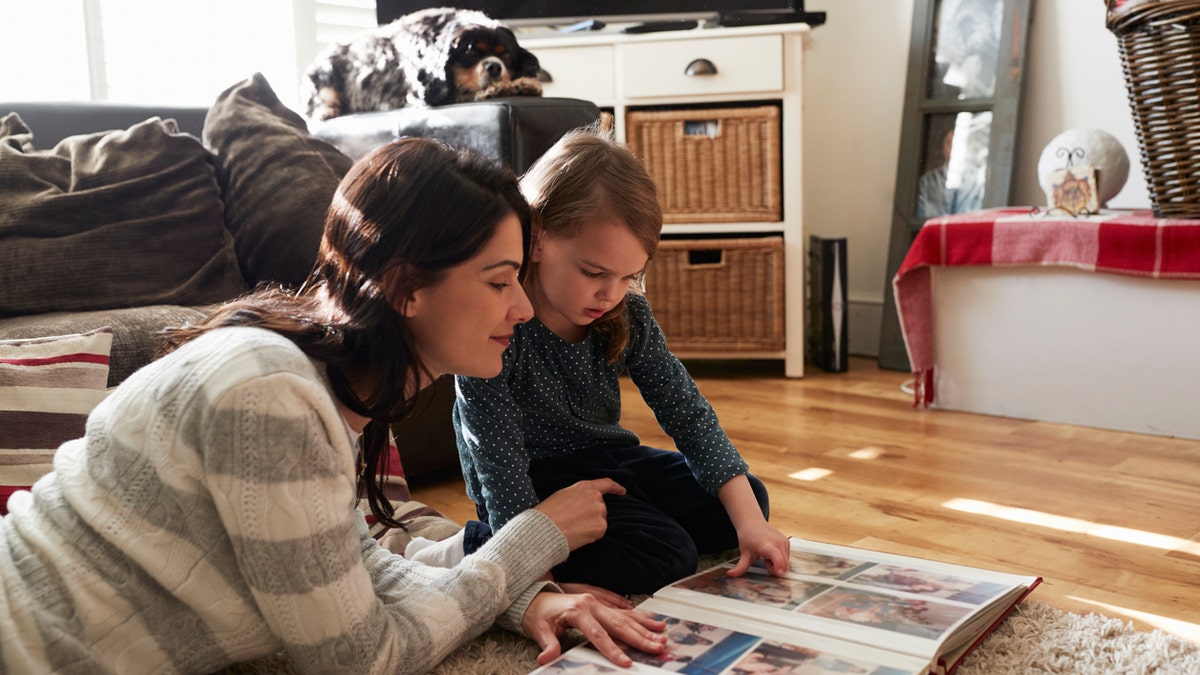
“For those who have recently lost their mom, [the] constant barrage of Mother’s Day messaging can feel like salt in the wound, regardless of the circumstances of their relationship,” an expert said. (iStock)
For those who are approaching their first Mother’s Day after losing a mom, Feinglos offered five tips for navigating the difficult emotions.
1. Make a plan
“Trust me, you don’t want to wake up on your first motherless Mother’s Day with no idea of how to spend the day,” Feinglos said.
“That’s a recipe for a major grief spiral and for potentially doom-scrolling other people’s ‘Happy Mother’s Day’ posts.”
The expert recommends thinking in advance about what you might want your day to look like — and then planning for it.
HOLIDAY GRIEF CAN BE HANDLED IN THESE 9 WAYS, ACCORDING TO MENTAL HEALTH EXPERTS
“It doesn’t have to be anything fancy. Maybe it’s watching your mom’s favorite movies on Netflix, ordering her favorite takeout, or going for a hike on a trail you used to walk together,” she said.
“The key is to be intentional about how you want to spend the day.”
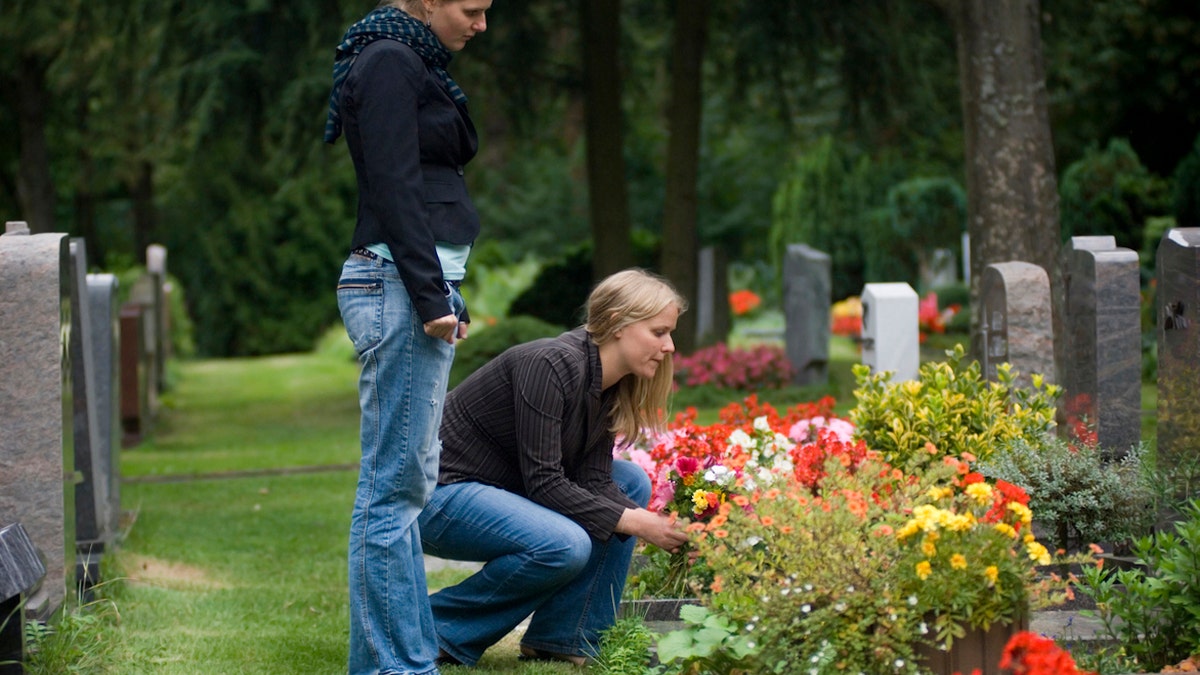
“The first year after any loss can be awful, but the holidays stand out in particular,” a grief expert noted. (iStock)
If you do decide to venture out, Feinglos said, it’s important to be prepared for Mother’s Day-focused events, including restaurant menu specials.
“If that feels like too much to handle, consider having an at-home dinner plan instead,” she suggested.
2. Reach out to others
Grief can be isolating, Feinglos said, and it’s easy to feel like you’re the only one in the world who has ever felt this way.
“But when you’re open and willing to ask for help, you might be surprised by how much better you’ll feel just saying that you’re having a tough time,” she said.
“Your first Mother’s Day after the death of your mom can make her absence feel even more real.”
If you’re feeling overwhelmed or just need someone to talk to, Feinglos said to take the initiative in reaching out, rather than waiting for someone to contact you.
“Pick up the phone, send a text or even just post on social media about how you’re feeling,” she suggested.
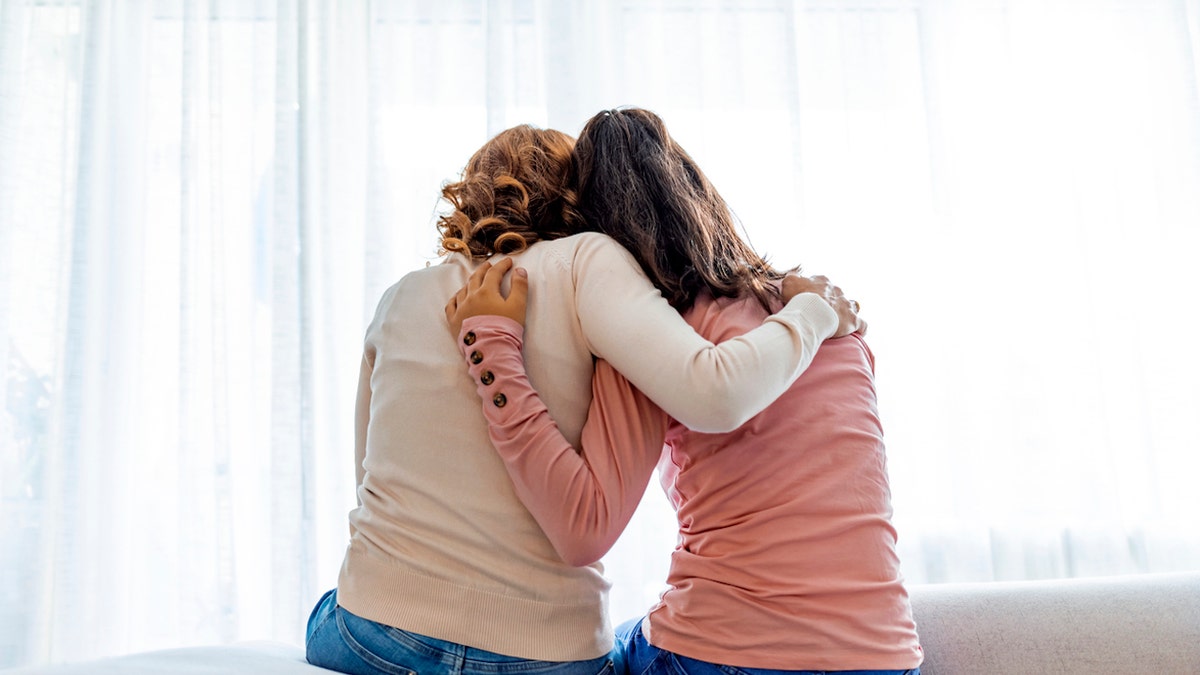
Those who are grieving should reach out to family and friends for support, an expert advised. (iStock)
“I have a feeling that your community will be ready and willing to offer their support.”
3. Let people support you
Those who are grieving may be afraid that they’re a burden on friends and loved ones, Feinglos noted.
“But here’s the thing: The people who care about you want to be there for you,” she said.
MOTHER’S DAY: THE BEST ONE-LINERS AND LIFE ADVICE I’VE EVER GOTTEN FROM MOM
“So, when your best friend offers to come over on Mother’s Day and hang out, or your sibling suggests a family Zoom call, say yes. Letting others show up for you can make the day feel a little less overwhelming.”
4. Create a ritual to make space for your grief
One of the most meaningful things you can do on Mother’s Day, according to Feinglos, is to “intentionally create a ritual that makes space for your grief.”

Journaling or writing a letter to your late mother is one way to process your feelings on Mother’s Day. (iStock)
“That could mean writing your late mother a letter and burning it or casting it into a body of water, visiting a place that was special to both of you, listening to her favorite music — or doing something that reflects her values and passions,” she said.
The idea is to do something intentional that helps you feel connected to your mom, even though she’s not physically there, the expert said.
“By creating space for your grief, you’re giving yourself permission to feel all the complicated emotions that come with loss.”
“Your relationship with your person can continue even when they’ve died,” Feinglos said.
GRATITUDE OVERSHADOWS GREAT LOSS, SAYS AUTHOR OF BOOK ABOUT LOSING WIFE TO CANCER
“By creating space for your grief, you’re giving yourself permission to feel all the complicated emotions that come with loss.”
5. Know that there are different shades of grief
Grief doesn’t follow any rules or timelines, Feinglos said — and it can look completely different from one person to the next, especially because every bond is unique.
“There’s no one ‘normal’ way grief plays out,” she said.
“For some, it might hit like a tsunami of tears, especially on gut-punch days like Mother’s Day.”
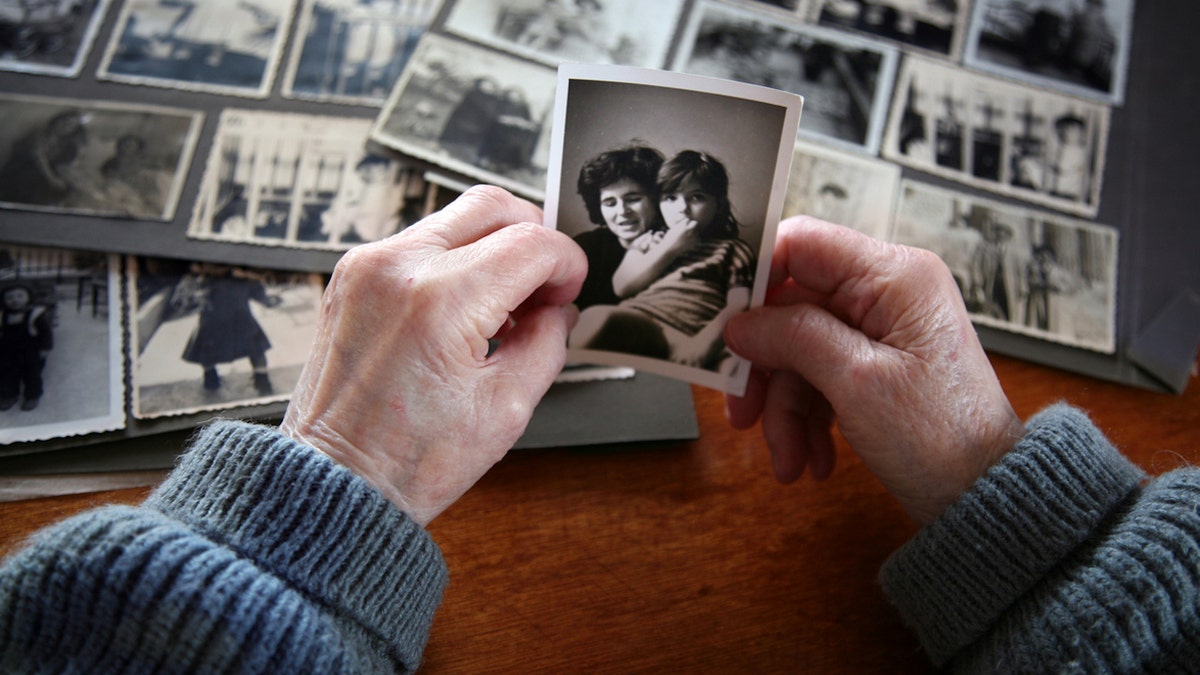
It’s important not to suppress or ignore feelings of grief on Mother’s Day, a mental health expert said. (iStock)
“Maybe you vacillate between being present one moment and feeling utterly numb the next, laughing through tears one day and feeling bitter anger the next.”
On a day like Mother’s Day, Feinglos said, you might find that your thoughts loop back to your loved one regularly, or you could tend to avoid anything that could stir up memories.
CLICK HERE TO SIGN UP FOR OUR HEALTH NEWSLETTER
Whatever way your grief manifests, Feinglos emphasized the importance of not trying to suppress or ignore it.

“At its core, grief underscores one truth: You’re alive, you’re human, and you’re going through a loss,” an expert said. (iStock)
“When we disregard our grief, it can pop back up in ways that are really inconvenient, or even scary — like lashing out at loved ones, feeling hopeless or [engaging in] risky behaviors,” she told Fox News Digital.
“Give yourself the space and time to relearn what your life is like now with this loss in mind,” she continued.
“At its core, grief underscores one truth: You’re alive, you’re human, and you’re going through a loss.”
For more Health articles, visit www.foxnews.com/health.
Health
Struggling to fall asleep? Try this simple trick to drift off quickly

For those who are struggling to get enough sleep, the ABCs may be the key to getting more Zzzs.
A sleep shortcut that’s making the rounds on TikTok uses the alphabet to help people drift off.
Sleep experts shared their input on the unconventional route to restful nights.
HAVING TROUBLE SLEEPING? IT COULD BE FOR THIS SURPRISING REASON, EXPERTS SAY
The technique isn’t new, but it’s been circulating on social media in recent weeks.
Here’s how it works: The wanna-be sleeper chooses a category — whether it’s song titles, vacation destinations or anything that strikes their fancy — and then thinks of something for every letter of the alphabet.
A sleep shortcut that’s making the rounds on TikTok uses the alphabet to help people drift off. (iStock)
For instance, if the category is colors, A might be Aqua, B could be Blue, C could be Chartreuse, and so on.
The idea is that, over time, the exercise will lull the person to sleep.
There are other variations of the alphabet hack, such as picturing each letter being written and erased to help induce sleep.
AMERICANS NEED MORE SLEEP, LESS STRESS, EXPERTS SAY, AS GALLUP POLL REVEALS TROUBLING FINDINGS
Sleep expert Jeff Kahn, the Chicago-based CEO and co-founder of Rise Science, maker of the sleep and energy tracker app RISE, pointed out that the alphabet method hasn’t been studied, but that it likely works by distracting the person from focusing on the inability to sleep.
“This is how the larger category of distraction techniques can help with sleep, anxiety and managing pain, among other challenges,” he told Fox News Digital.
“You can’t force sleep — and thinking about falling asleep or about how you can’t fall asleep is a surefire way to delay it.”
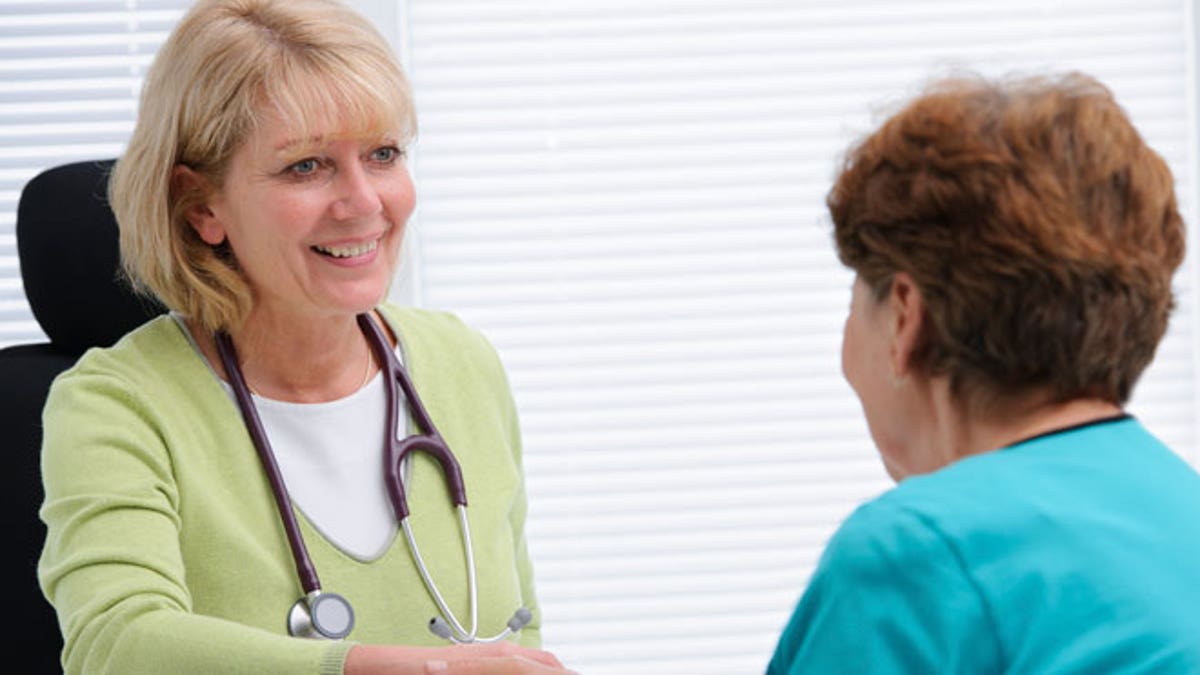
If lack of sleep is interfering with your quality of life, experts recommend speaking with a doctor about getting assessed for a sleep disorder or other underlying medical conditions. (iStock)
Dr. Chelsie Rohrscheib, a neuroscientist and sleep specialist at Wesper in New York, noted that many people experience an overactive mind when they’re trying to sleep, which makes it difficult for the brain and body to relax — leading to insomnia and poor sleep quality.
“The alphabet hack forces you to stop focusing on stimulating or stressful thoughts, which calms your brain activity and helps the brain enter the first sleep stage,” she told Fox News Digital.
Alternative sleep hacks
If the alphabet method doesn’t work, there are other creative techniques that could help you fall asleep.
“Alternatives include meditation and deep breathing exercises, which focus on not only quieting the mind, but also slowing your heart rate and breathing, which make it easier to enter sleep,” Rohr said.
“You can’t force sleep — and thinking about falling asleep is a surefire way to delay it.”
If none of these techniques are effective, he recommends getting out of bed and going to another quiet, dim area to do a relaxing activity, like reading or listening to music, until you feel sleepy.
Kahn agreed with that advice.

“You can’t force sleep — and thinking about falling asleep or about how you can’t fall asleep is a surefire way to delay it,” an expert said. (iStock)
“A good rule of thumb is, if you can’t fall asleep within 20 to 30 minutes, abandon the pursuit, leave your bed, and do things that are relaxing and distracting, in low or as little light as possible,” he advised.
“Let sleepiness wash over you, which it will, and then head back to bed. Sleep doctors call this a ‘sleep reset.’”
Another technique that works for a lot of people is progressive muscle tension and relaxation, both experts said.
CLICK HERE TO SIGN UP FOR OUR HEALTH NEWSLETTER
“A warm shower immediately before bed also helps to drop your core body temperature quickly once you get out, which stimulates the brain to feel sleepy,” Rohr added.
Optimizing sleep hygiene
“Decades of sleep science research shows that having excellent sleep hygiene is your best bet to regularly fall sleep, stay asleep, and to feel and function your best while awake,” Kahn told Fox News Digital.

Optimizing your sleep hygiene is the best way to “regularly fall sleep, stay asleep, and to feel and function your best while awake,” a sleep doctor warned. (iStock)
Common best practices include keeping a very regular sleep schedule, cutting off caffeine 12 hours before bedtime, avoiding late meals and alcohol, getting sunlight every morning — and keeping your bedroom as cool, dark and quiet as possible.
When to seek help
If you’ve tried everything — including optimizing your sleep environment and routine — and lack of sleep is still interfering with your quality of life, experts recommend speaking with a doctor about getting assessed for a sleep disorder or other underlying medical conditions.
“Because anxiety about sleep can precipitate more sleeplessness and sleeplessness feeds anxiety, I recommend seeking help sooner rather than later,” Kahn said.
For more Health articles, visit www.foxnews.com/health.
-

 Politics1 week ago
Politics1 week agoHouse Republicans brace for spring legislative sprint with one less GOP vote
-

 World1 week ago
World1 week agoAt least four dead in US after dozens of tornadoes rip through Oklahoma
-

 Politics1 week ago
Politics1 week agoStefanik hits special counsel Jack Smith with ethics complaint, accuses him of election meddling
-

 Politics1 week ago
Politics1 week agoAnti-Trump DA's no-show at debate leaves challenger facing off against empty podium
-

 News1 week ago
News1 week agoVideo: Police Arrest Columbia Protesters Occupying Hamilton Hall
-

 News1 week ago
News1 week agoAs student protesters get arrested, they risk being banned from campus too
-

 World1 week ago
World1 week agoNine on trial in Germany over alleged far-right coup plot
-

 Politics7 days ago
Politics7 days agoThe White House has a new curator. Donna Hayashi Smith is the first Asian American to hold the post















